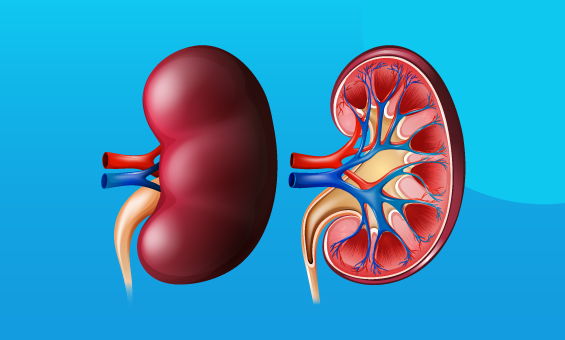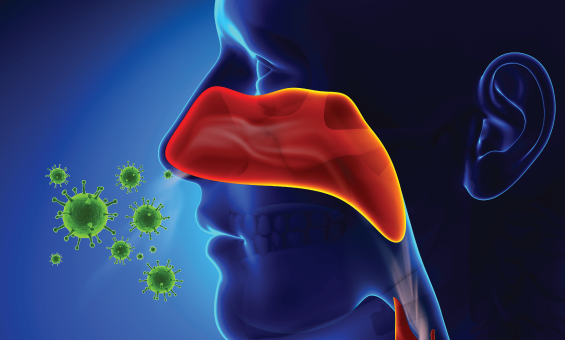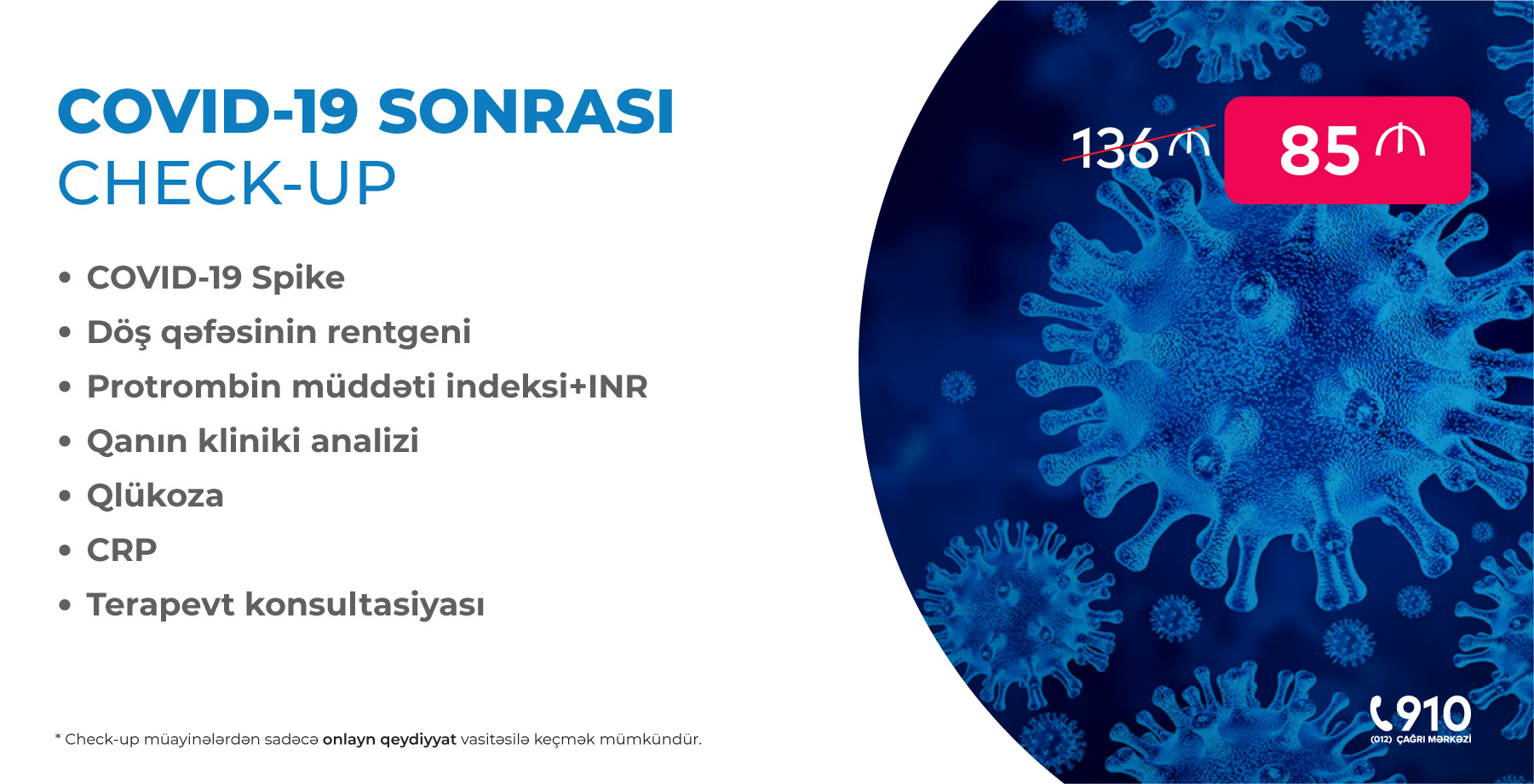CRP (C-reactive protein) is a protein produced in the liver. It is part of the body's complex response to infections, tumors, and trauma. An increase in CRP levels in the blood, along with symptoms like fever and elevated white blood cell counts, are examples of this response.
This physiological reaction aims to eliminate the infection or inflammatory cause, reduce tissue damage, and activate the body's healing mechanisms. In healthy individuals, serum CRP concentrations are very low. However, when inflammation begins, CRP levels in the blood can increase rapidly—up to 1000-fold within 24 hours. Once the underlying issue is resolved, CRP levels return to normal within 18–20 hours.
CRP testing is an important parameter for diagnosing and monitoring the treatment of inflammatory and infectious diseases, especially cardiovascular diseases. The treatment of elevated C-reactive protein primarily involves identifying and addressing the root cause of inflammation. CRP levels help assess how the body responds to inflammation and guide treatment decisions. Normally, CRP levels are between 1–3 mg/L, and higher levels indicate the presence of inflammation.
Why is CRP Measured?
CRP can be tested to help diagnose:
Infections
Inflammatory diseases
Malignant or benign tumors
Tumor metastasis
Risk of heart attack or stroke
It can also be used to monitor treatment effectiveness. Treating the underlying condition causing inflammation is essential to preventing complications. Doctors assess CRP levels to evaluate the severity of inflammation and guide therapy. Elevated CRP values are closely monitored and addressed accordingly.
Causes of Elevated CRP
In healthy individuals, CRP levels in the blood are very low. Elevated CRP may indicate:
Inflammation or infection
Risk of heart attack or stroke
Tissue damage or death
Presence of tumors
CRP elevation is not a disease-specific marker—it must be evaluated alongside clinical symptoms, physical examination, and other diagnostic tests.
Elevated CRP may be caused by:
Infections
Myocardial infarction
Stroke
Meningitis
Inflammatory diseases: Crohn’s disease, inflammatory bowel disease (IBD), Familial Mediterranean Fever, Kawasaki disease, rheumatoid arthritis, systemic lupus erythematosus (SLE)
Acute pancreatitis
Trauma, burns, fractures
Organ or tissue injury
Post-surgical inflammation
Cancer
In smokers and people with obesity, CRP levels may also be elevated.
CRP and Pregnancy
CRP levels may naturally increase slightly during pregnancy, but significantly elevated levels may pose risks such as premature birth or miscarriage. If an infection is the cause of CRP elevation during pregnancy, appropriate treatment will bring CRP levels back to normal.
For more information about the CRP test or to register online, you can contact our Call Center at (012) 910 or send a message via WhatsApp to (055) 4000 910.


